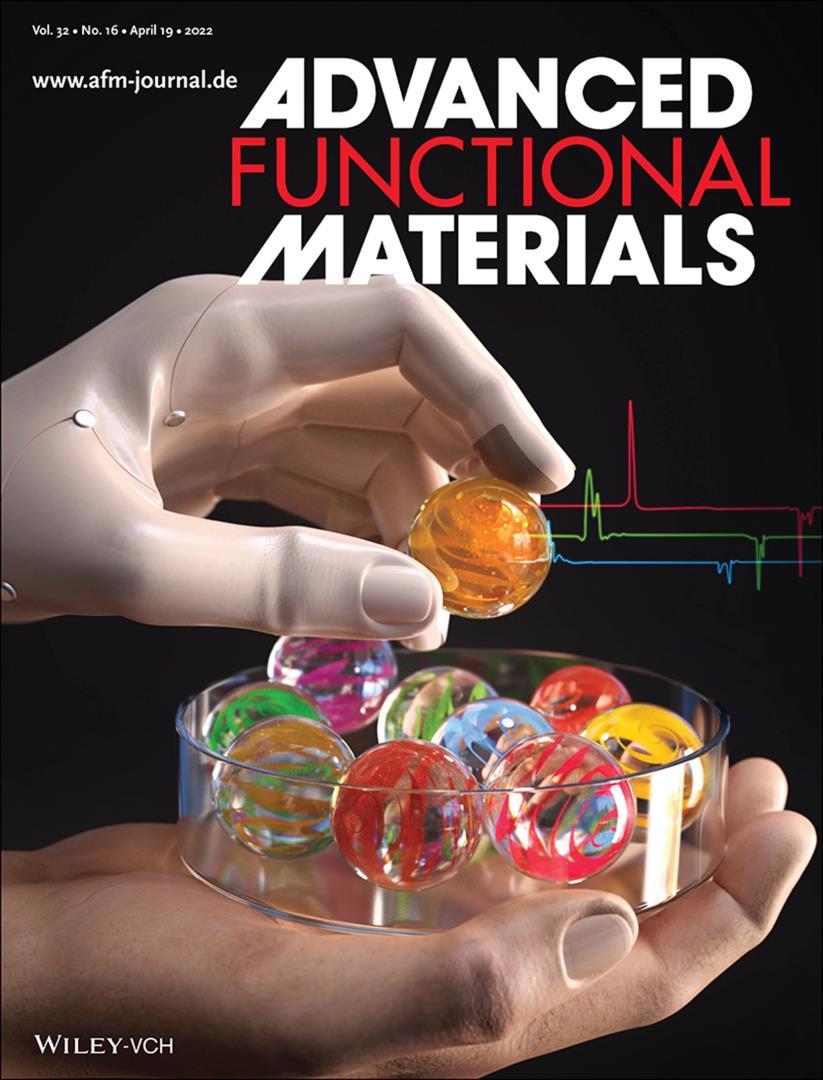NEWS
Research progresses on peptide-drug conjugates for ocular disorders
Research team led by Dr. Xingyi Li at Eye Hospital, WMU, finds that the peptide-drug conjugates (PDCs) based supramolecular hydrogel, as a valuable therapeutic agent, presents the potential for treating inflammatory related ocular disorders with synergistic effects in clinic. The study is published on Advanced Functional Materials.

The study was designed in a background that chronic inflammation and oxidant/antioxidant imbalance play vital roles in the pathogenesis of many ocular disorders. Using anti-inflammatory agents and/or antioxidants to alleviate chronic inflammation is the clinical mainstay for preventing and treating ocular disorders, particularly ocular surface disorders.
Dr. Li and his team members identified that PDCs are an important class of therapeutic agents that combine one or more active molecules with a short peptide via a biodegradable spacer to generate prodrugs. Overall, their work offers new insights into the anti-inflammatory mechanism of PDCs hydrogel and presents the therapeutic values in the treatment of ocular disorders, and ultimately fulfils the potential clinical benefits of PDCs.

Dr. Li’s lab has been working on the design and construction of molecular biofunctional materials, especially responsive peptide-drug amphiphiles, to generate supramolecular hydrogels and to explore new approaches for treating ocular disorders.

Learn more about Dr. Xingyi Li’s lab at WMU at: http://www.lixy-lab.cn/
Signing Ceremony of MOU Between Eye Hospital, WMU and Chulalongkorn University Faculty of Medicine
Eye Hospital, WMU doctors save sight of German patient
Joining Hands to Illuminate a Brighter Future: Visit by Internationally Renowned Scientist Prof. Calvin CP Pang
2025 Eye Hospital, WMU-Special Olympics Athlete Health Program Screening and Inclusive Event Successfully Concluded
 Dept: International Affairs Dept. (Office of HongKong, Macao and Taiwan Affairs)
Dept: International Affairs Dept. (Office of HongKong, Macao and Taiwan Affairs)
 Tel: 86-577-8807 5587
Tel: 86-577-8807 5587
 Address: 270 West Xueyuan Road, Wenzhou, Zhejiang, China
Address: 270 West Xueyuan Road, Wenzhou, Zhejiang, China